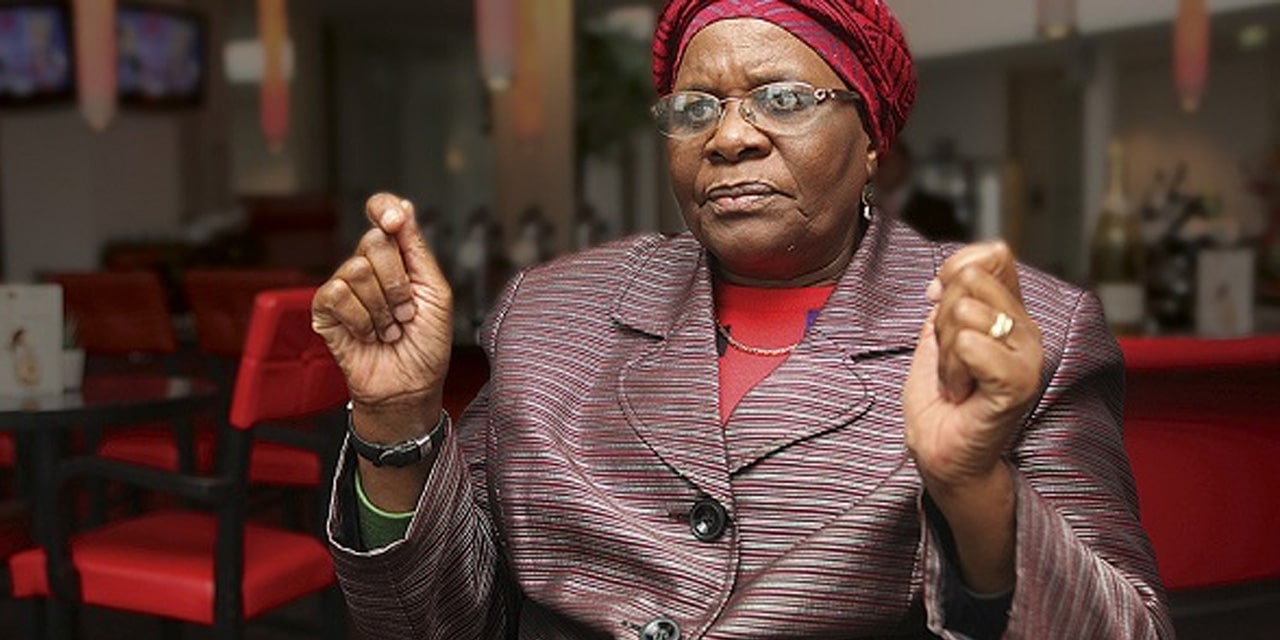Kandjemuni Kamuiiri
It has emerged that Namibia abstained its vote against or for the responsibility to protect and prevent genocide, war crimes ethnic cleansing and crimes against humanity at the United Nations General Assembly Hall on Monday to avoid being used by other countries, Minister of International Relations and Cooperation (MIRCO), Netumbo Nandi-Ndaitwah has revealed. The Minister hit back amid criticism of the decision, arguing that the rationale behind the decision by the Namibian delegation to abstain from the vote on the draft resolution on Monday, was not due to indifference to crimes against humanity, including genocide.
“It is due to its concerns with the application of the concept on the responsibility to protect, which has been used to selectively target certain countries in pursuit of narrow interests of the few.” The Minister added that “To avoid unwarranted interference on international or national affairs [of the] country, we abstain. People have to understand the depth of everything in the UN resolutions. It is not as simple as people are seeing it. That resolution is very tricky and very loaded.”
“We don’t want United Nations (UN) instruments that can be used and abused. The catch word there is ‘right to protection’ and that is exactly what happens when the Americans invaded Libya with the ‘no fly zone’ as a right of protection.” The no-flight zone (NFZ), or air exclusion zone (AEZ) took place in Libya on 19 March 2011. This is a territory or an area established by a military power over which certain aircraft are not permitted to fly over.
Nandi-Ndaitwah further explained that protection is giving rights to members to enter or invade any country when they feel, whereby they can create a situation to say that there is a threat. “People are dying and they can just go in and bomb exactly as they did in Libya as a principle of right to protect.”
“You can have people demonstrating in a country and maybe the security agency intervenes, they can come in militarily.”
Based on the statement the Responsibility to Protect (R2P) doctrine state three pillars of responsibility, which include the fact that “every State has the right to protect its populations from four mass atrocity crimes; genocide, war crimes, crimes against humanity and ethnic cleansing.”
“The wider international community has the responsibility to encourage and assist individual states in meeting that responsibility and”
“If a State is manifestly failing to protect its populations, the international community must be prepared to take appropriate collective action, in a timely and decisive manner and in accordance with the UN Charter.”
Nandi-Ndaitwah mentioned that right of protection is not controlled.
“The international community, including the Security Council, must do its part to prevent atrocities and regulate the collective use of force. There is no pretext for the use of force against States and safeguards must be put in place to protect against the vulnerability to surreptitious interference in the internal affairs of sovereign nations,” Nandi-Ndaitwah added.
Insisting on the fact that if any country is refusing that they are not happy with a certain government or any certain country they can create a situation and go ahead as a they are going because they determine what is to protect. Nandi-Ndaitwah shared sentiments that discrepancies in the interpretation of the doctrine continues to hamper discussions on the matter, specifically within the context of the third pillar, and as such its interpretation remains a serious concern and poses risks for abuse.
“For this reason, as a matter of principle, as the body created to deal with all matters related to peace and security, the Security Council and not the General Assembly, should be at the forefront of addressing the issue of the responsibility to protect.”
When quizzed on whether the vote means that Namibia is ambiguous when it comes to the violation of people when it comes to crimes against humanity, Nandi-Ndaitwah said, “as a country we cannot condone genocide and unwarranted killings, but we also don’t want the abuse of the power. We don’t want to give a blanket whereby countries can invade other countries saying that they are going in because there is a right for any country to protect the citizen in any country.”
“Namibia does not and will never condone crimes against humanity and genocide. Namibia remains committed to defending human rights and ending human suffering through globally supported and internationally recognised multilateral bodies and institutions.”
According to Nandi-Ndaitwah , Namibia has its principle of noninterference in other people’s internal affairs, and that’s what the Constitution says.
“When you have a constitution that says the end conflict must be resolved peacefully and then there you are going to the UN supporting countries to intervene militarily anytime they feel something wrong is going on is also conflicting your constitution. You might be alone because the Namibian constitution is not the same constitution as others,” she said.




